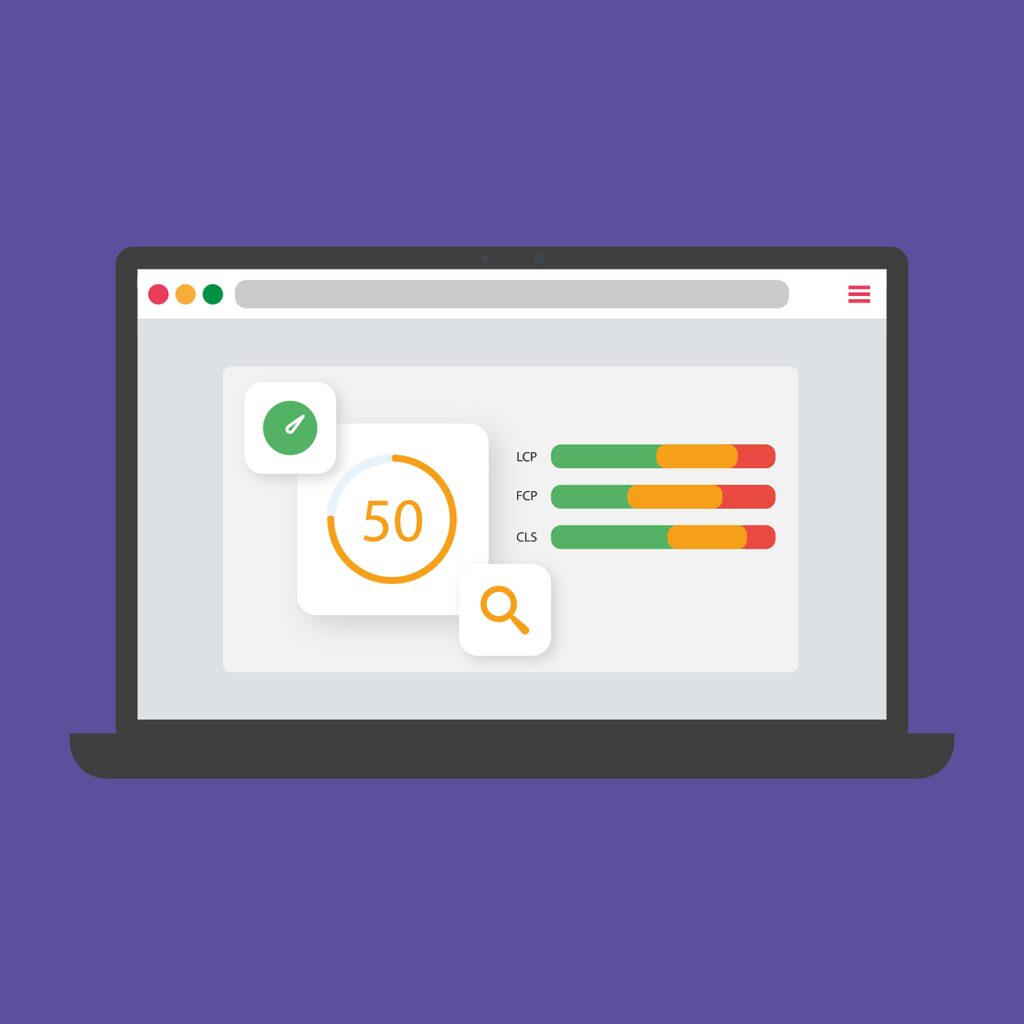Artificial intelligence (AI) is shaking up the world of search engine optimization (SEO) in 2024, offering advanced tools that are changing the way search engines interpret and rank online content. Understanding and integrating these changes is crucial for marketing professionals wishing to maintain their competitiveness in an ever-changing digital landscape. In this comprehensive guide, we'll explore in depth the effects of AI on SEO, its best practices, and the tools and techniques available.
What is Artificial Intelligence in SEO?
AI in SEO is the use of advanced technologies to improve content creation, page optimization and user experience. AI enables search engines to better understand the user intent behind queries, improving the accuracy of search results. Technologies such as machine learning and natural language processing (NLP) have become key drivers of this evolution, offering more effective SEO tailored to the requirements of modern web users.
The impact of AI on SEO
1. Improving Content Comprehension
AI has led to significant improvements in the way search engines interpret content. For example, Google uses models such as BERT to understand complex queries in context, not just by individual keywords. This means that optimized content writing must now take into account contextual relevance and answer detailed questions accurately.
2. Automating SEO tasks
AI tools such as Surf SEO and Clearscope offer automation features that streamline time-consuming processes such as keyword research, competitive analysis and reporting. Thanks to AI, marketers can save time on technical optimization and focus more on strategic content creation.
3. Optimizing the User Experience (UX)
AI helps analyze user behavior on a site to improve UX. For example, tools such as Hotjar use AI to analyze heatmaps and understand which sections of the site attract the most attention. By evaluating user interactions, page design can be optimized to reduce bounce rates and improve time spent on the site.
4. Personalized Content and Intention Prediction
AI enables search engines to predict user intent based on their search history and other behavioral data. This leads to further personalization of search results and encourages marketers to create content that directly addresses individual needs. Google RankBrain, for example, is a machine learning system that helps determine the most relevant pages to display based on the user's query.
5. Voice search and AI
The evolution of voice search technologies, such as those present in personal assistants like Siri, Google Assistant or Alexa, is largely due to AI. Around 50 % of searches already performed in 2024 are by voice command. For SEOs, this means it's crucial to focus on natural phrases and conversational queries, which better match the way users speak.
Best practices for integrating AI into your SEO strategy
1. Using AI for Keyword Search
Tools such as Ahrefs and SEMrush use AI algorithms to analyze search volumes and identify the best keyword opportunities. They find low-competition keywords with high conversion potential, optimizing content strategy.
2. Optimizing featured Snippets
AI can help format content to obtain "featured snippets" (zero position on Google). Tools such as Frase analyze current snippets and provide recommendations on how to structure content to increase the chances of winning that position.
3. Content creation with AI
AI, with tools such as Jasper and Copy.aican be used to create content that meets the expectations of search engines. This makes it possible to quickly generate relevant articles, provided that the editor always checks the veracity and quality of the content.
4. Performance monitoring and analysis
Platforms such as Google Analytics and SEMrush use AI to detect trends in data. For example, they can predict future visitor behavior by analyzing pages with high conversion rates.
The Challenges and Ethical Considerations of AI in SEO
While AI brings many benefits, there are also ethical and privacy concerns. AI algorithms feed on data, often personal data, raising questions about the transparency and security of user information. Professionals need to ensure that the tools used comply with regulations, such as the RGPD (General Data Protection Regulation) in Europe.
Useful AI tools for SEO in 2024
- Surf SEO for content analysis and optimization recommendations.
- Clearscope for optimizing content to meet search intent.
- MarketMuse for theme research and complete content creation.
- ChatGPT to generate content ideas and optimize copywriting.
AI, a Valuable Asset for Modern SEO
Integrating artificial intelligence into SEO has become essential to maintaining competitive visibility in 2024. By adopting AI tools to analyze user behavior, optimize content, and automate repetitive tasks, marketing professionals can not only save time, but also maximize their results. SEO becomes more predictive, tailored to search intent and personalized for each user. However, ethical use of these technologies must be a priority to ensure a positive and respectful user experience.
Related articles:











